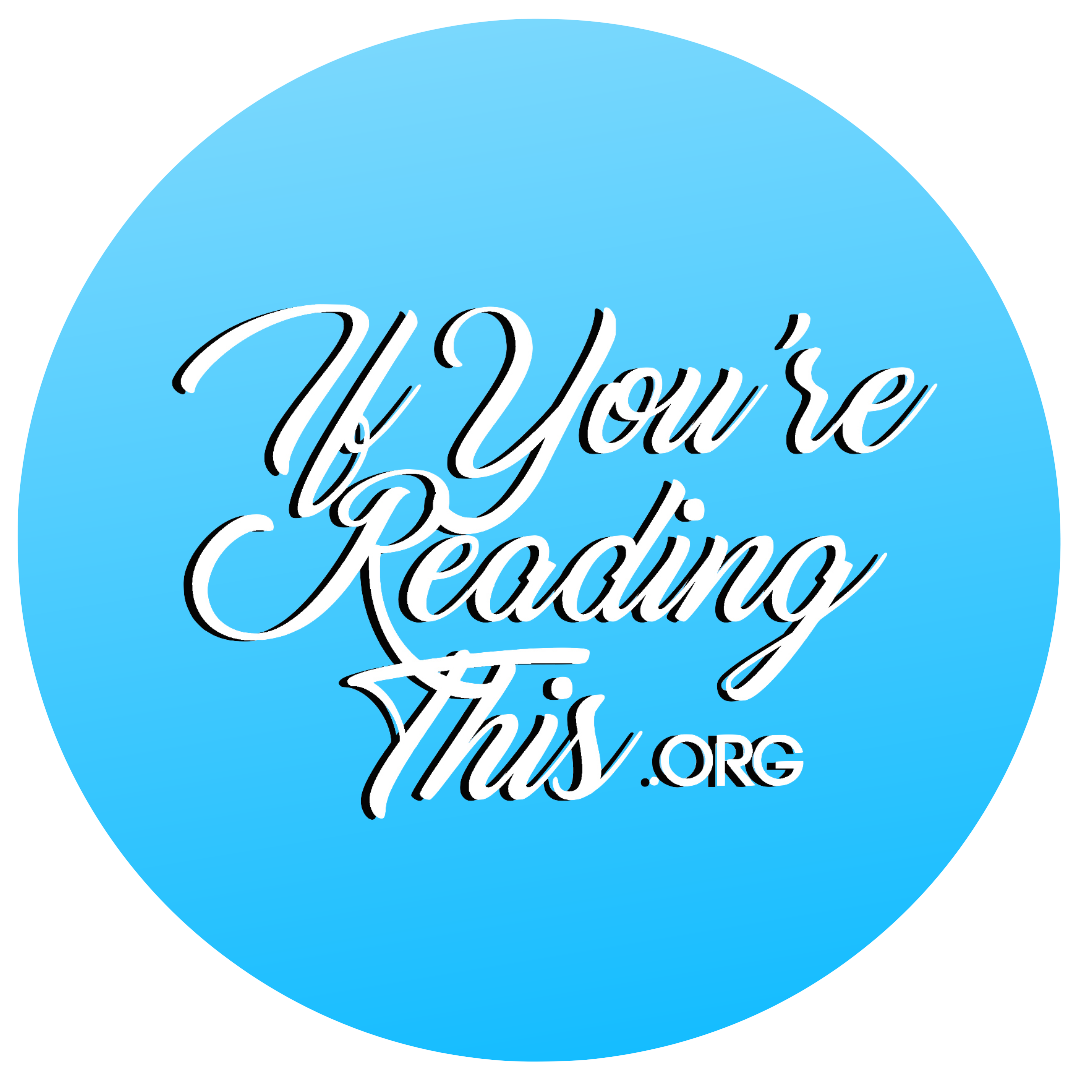If you’re reading this, I hope you’ll believe that things will get better than they are now.
In Summer of 2019, I would describe 80% of the days as feeling like an actual emergency. I was averaging about 3-4 panic attacks a day, about 1-2 hours long each, for absolutely no reason. I literally did not envision myself living past August, though I was in perfect medical condition. I knew it was irrational, which made me that much more anxious. After my experiences with mental health, I want anyone struggling with it to know this:
Your family and friends want to know about how you’re doing, even if it’s not good news. I made the mistake of holding back from texting my best friend because “She had to hear about this yesterday- it’s repetitive, not her problem, and she doesn’t know how to help anyways”. When I shared this doubt with her, she explained that she’d much rather hear about my bad days than not know about them but me internalizing them as the price. Talking through my emotions with my parents, friends, or therapist almost always was a relieving temporary solution.
Medical conditions comprehend mental conditions. The best thing I ever did for myself was seek professional help. Depression, anxiety and their cousins are no less severe than a broken limb. They need immediate attention, and there are trained professionals (even as close as Stamps!) that want to help you get better- it’s their job! I started on medication in early August, and a few weeks into school, I could not have been more pleased to report that my daily time worrying was significantly reduced, but it was now mainly occupied with thoughts of my grades, my new friends, and boys.
This world is better with you here. Everyone has something beautiful to offer, and you’re not an exception. No matter how tired you are, how hopeless you feel, you are important and have so much potential to become the person you want to be or have ever wanted to be.
For people specifically struggling with panic attacks, here are some of the things that helped me:
Be kind to yourself. My therapist once asked me how I talk to myself. The answer was along the lines of, “You’re being ridiculous. People have real medical problems. There’s no reason for you to be feeling this way.”. She then asked me if I would respond to a panicked friend the same way… and I realized I was not treating myself with the kindness and respect that I deserved. She told me to start talking to my anxiety like it was a puppy that had to be trained—you wouldn’t be mean to it, and you wouldn’t be afraid of it. “You’re going to be part of my life today. That’s okay. I can’t ignore you. You can be annoying sometimes, but I know you’re not going to hurt me.” I thought about recovery the same way. I would never break a promise to a friend, so I decided to be just as persistent with this commitment to myself. This involved having a good routine of things to do, so I could jump into action at the first sign of trouble.
Practice grounding exercises. Meditate each morning when you wake up- the more of a habit it is, the better. I would recommend listening to “Daily Calm” with the Calm App. If at any point in the day you start to disassociate, take a break from what you’re doing and just repeat the process until you feel okay again. Sit up straight, release all tension, and breathe slowly. Soften your gaze or close your eyes. Notice where your feet touch the floor, where your hands are. Try to clear your mind of any thoughts at all for a little while. Remember, meditation takes a lot of practice, so if you find yourself drifting, refer to Tip #1 and be gentle.
I found a list on Pinterest of things to tell myself during an anxiety attack. Repeat to yourself:
I know that I am safe right now.
I know that this will fade.
I know that this is a natural response.
I know that I am not in danger.
I know that a panic attack can’t hurt me.
I know that I’m getting enough air.
I know that I am starting to relax.
I know that I feel calmer.
I know that I am going to be okay.
If you’re reading this, you are not alone in your thoughts and feelings.
If you’re reading this, I want us both to be there to watch you live up to your biggest and best potential.
If you’re reading this, you are brave.
Kendall N., Georgia Tech Student

